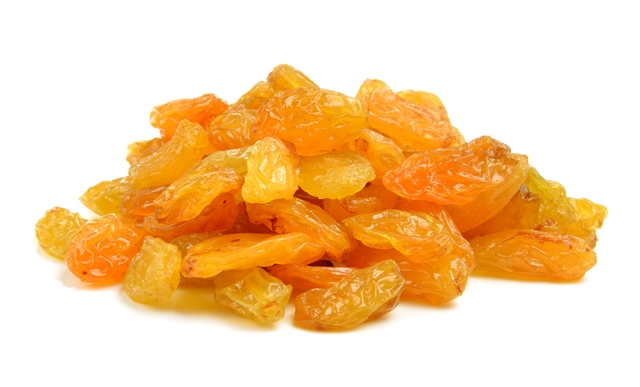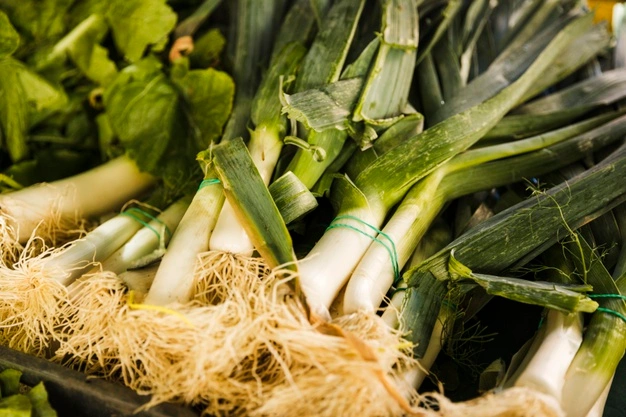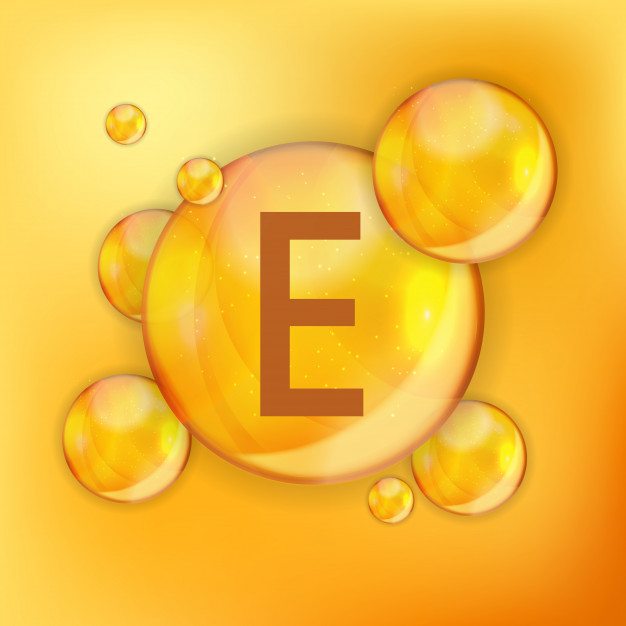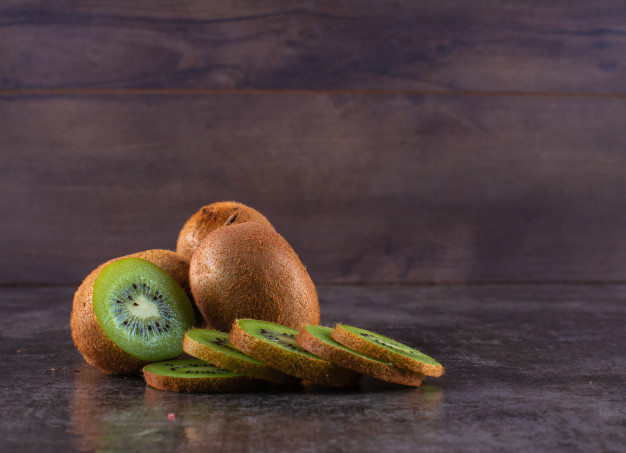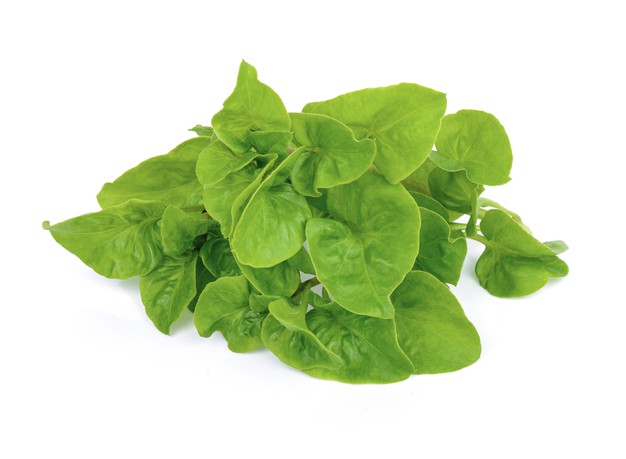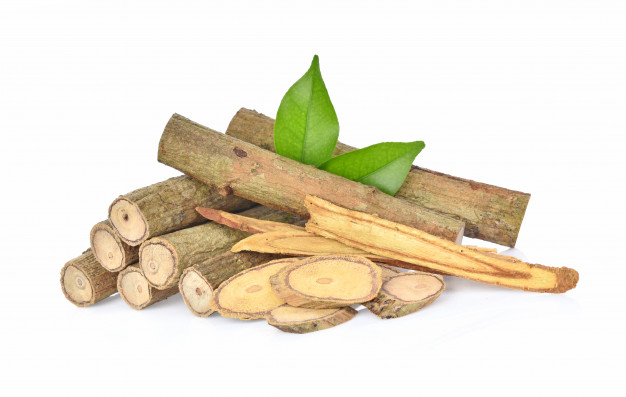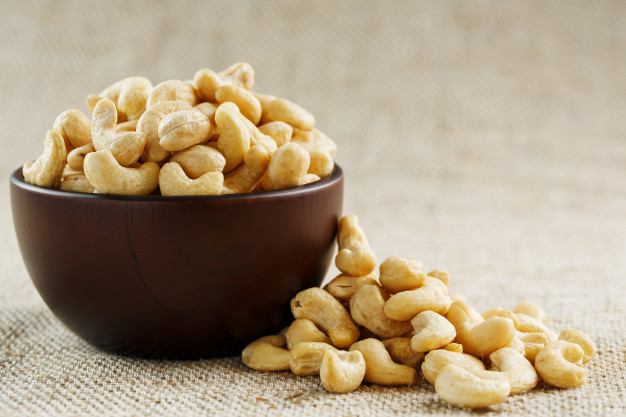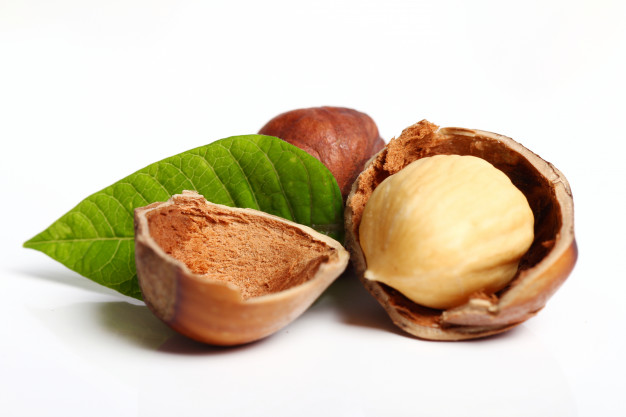Guggul is obtained from the oily sap (gum resin) of the guggul tree, belongs to Burseraceae family. It is native to India, Pakistan and Bangladesh. It is traditionally used in Ayurveda for treating various medicinal conditions like acne, arthritis, hypercholesterolemia and urinary tract infection.
Biological activity
Antioxidant activity
- It plays significant role in decreasing the concentration of free radicals in body, which ultimately helps to protect the body from oxidative damages
- It is also associated with reducing oxidative stress and thus helps in lowering the risk of developing chronic diseases
Anti-inflammatory activity
- Its consumption is directly linked with delaying the onset of inflammatory events within body thus it helps in lowering the risk of developing chronic inflammatory diseases
- It helps to decrease the concentration of inflammatory mediators in body, which ultimately helps to prevent inflammation
- It also helps to in reducing swelling and pain
Anti-carcinogenic activity
- Its consumption is very beneficial for reducing the prevalence of carcinoma as it exerts strong anti-carcinogenic activity
- It is responsible for inducing apoptosis, which ultimately helps in suppressing the growth of malignant cells within body
- It helps in hindering the growth of tumor cells by decreasing the activity of protein kinase enzyme
- It is very effective for decreasing the prevalence of breast, colon, prostate, liver and esophageal cancer

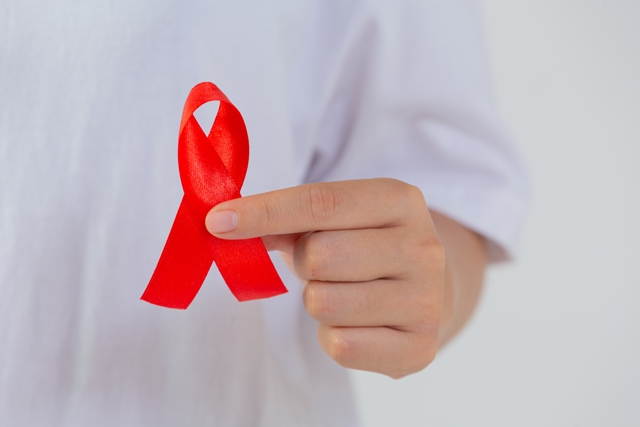
Health benefits
Role on immunity
- It is closely associated with strengthening the defense mechanism of the body as a result lowers the susceptibility of becoming ill
- It also plays significant role in promoting the activity of immune cells as its antioxidant activity is responsible for protecting them from oxidative damages, which ultimately helps in sustaining their functionality
Role on skeletal system
- It plays vital role in strengthening overall skeletal system
- It has seen that consumption of guggul or its extract or its supplement is extremely helpful for reducing the prevalence of bone disorders
- It is very effective for improving the symptoms of osteoarthritis and rheumatoid arthritis
- It helps in reducing joint pain as well
Role on oral health
- Consumption of guggul extract or its supplement is extremely useful for improving oral health
- It helps in promoting the growth of teeth as well as the gum
- It helps in improving oral hygiene too
-
 It plays significant role in decreasing the prevalence of gingivitis
It plays significant role in decreasing the prevalence of gingivitis
Hypolipidemic activity
- Plant sterol components of guggul is considered as one of the most important components, which are responsible for exerting hypolipidemic activity
- It plays significant role in decreasing the concentration of bad cholesterol or LDL. It is also associated with reducing the level of triglyceride and VLDL in body
- Its cholesterol lowering capacity is accountable for protecting the body from the harmful consequences of hypercholesterolemia and it is also related with decreasing the prevalence of cardiovascular disease, hepatic disorders, obesity and renal diseases
Role on weight management
- It is widely used as an important preventive measure for obesity. Its hypolipidemic activity and appetite reducing activity are considered as the main feature responsible for weight reduction
- It plays significant role in inducing fat breakdown, which ultimately helps in decreasing the volume of fat tissues within body as a result it reduces the prevalence of visceral obesity
- Whereas it is also associated with providing a feeling of satiety. It helps in hindering appetite by controlling the action of appetite regulating hormones laptin and ghrelin as a result it helps in decreasing over consumption, which ultimately facilitates weight reduction
- Consumption of guggul extract or supplement is also very effective for decreasing body circumference as well as skin fold thickness


Role on hepatic health
- Its consumption is extremely useful for improving overall hepatic health
- It plays significant role in protecting every hepatic cells from free radical induced oxidative damages, as a result it helps in promoting their activity, which subsequently improves hepatic functions
- It helps to decrease the prevalence of fat deposition within hepatic cells and lowers the susceptibility of hepatic cell necrosis, which ultimately helps to decrease the risk of developing hepatic disorders
- Its consumption is extremely useful for reducing the prevalence of fatty liver disease as well as cirrhosis of liver
- It is also associated with decreasing the risk of developing gall stones
Role on skin
- It has seen that consumption of guugle or its supplement is awfully helpful for improving skin health as it provides proper nourishment to the skin, which helps to make the skin healthy and supple
- It has been traditionally used for treating acne especially nodulocystic acne, which is considered as a severe form of acne that affects the chest, back and face adversely. Guggulsterone component of guggul is considered as the main component accountable for treating acne as it acts similarly as the antibiotic tetracycline
- It is also associated with protecting the skin from inflammatory damages and also helps in soothing skin irritation
- Its antioxidant activity is responsible for preventing ageing as it helps to protect the skin from oxidative damages
- It helps to improve skin glow as well
- It is also very effective for reducing the prevalence of eczema, and psoriasis
- Topical application of cream containing guggul extract is extremely useful for preventing itchiness, skin discoloration, redness of skin and tenderness

Therapeutic uses
It has been traditionally used for various therapeutic purposes, like –
- It is widely used as an imperative remedial action for thyroid disorders. It is really very effective for improving the symptoms of hypothyroidism. It has seen that consumption of guggul extract or supplement is closely related with increasing iodine uptake by the body and stimulates the synthesis of thyroid hormones. Thus its consumption is thought to be extremely effective for keeping the thyroid gland healthy and active
- It helps in promoting cardiac health as well. Its cholesterol lowering activity is responsible for preventing fat deposition within blood vessels as a result it helps in preventing plaque formation, which ultimately lowers the risk of developing atherosclerosis and coronary artery diseases later in life
- As it is associated with preventing plaque formation within blood vessels thus it helps in decreasing the susceptibility of blood vessels hardening, which ultimately promotes endothelial health as well as functionality and helps in smooth blood circulation
- It also helps to decrease the prevalence of heart attack and strokes
- It helps in decreasing blood sugar concentration too and plays vital role in improving the symptoms of type 2 diabetes mellitus
- It also helps to prevent vitiligo
- It is very effective for preventing sinus infection
- It helps to improve the symptoms of urinary tract infections as well
- It is also very useful for protecting the body from the detrimental effects of intestinal worms
- It helps to prevent hemorrhoids too

General consideration of using guggul
- Supplements of guggul are widely available in market in various forms like capsule, powder, lotion and extract. It is better to use guggul as per recommendation
- It is recommended that oral consumptuion of 6.25 to 132 mg of guggul supplements is absolutely safe as it does not develop any side effects
Risk factors
Consumption of guggul more than recommendation may develop various complications like, nausea, vomotting, diarrhoea, headache, belching and allergic reactions such as itching and skin rashes.
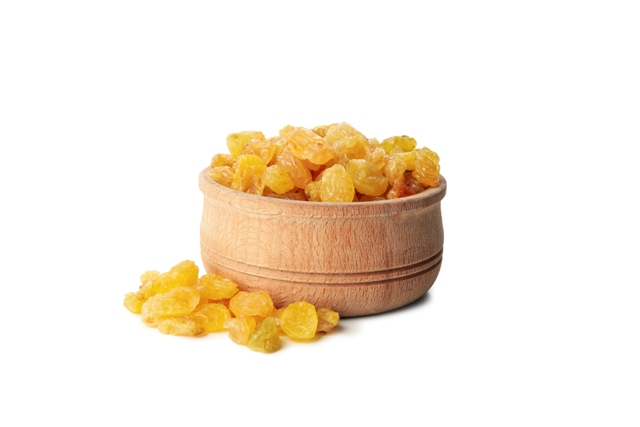
Source:
Deng, R., 2007. Therapeutic effects of guggul and its constituent guggulsterone: cardiovascular benefits. Cardiovascular drug reviews, 25(4), pp.375-390.
Kumar, V., Singh, S. and Singh, R., 2020. Phytochemical constituents of guggul and their biological qualities. Mini-Reviews in Organic Chemistry, 17(3), pp.277-288.
Shields, K.M. and Moranville, M.P., 2005. Guggul for hypercholesterolemia. American Journal of Health-system pharmacy, 62(10), pp.1012-1014.
Singh, B.B., Mishra, L.C., Aquilina, N. and Kohlbeck, F., 2001. Usefulness of guggul (Commiphora mukul) for osteoarthritis of the knee: an experimental case study. Alternative therapies in health and medicine, 7(2), p.120.
Stansbury, J., Saunders, P. and Winston, D., 2012. Promoting healthy thyroid function with iodine, bladderwrack, guggul and iris. Journal of Restorative Medicine, 1(1), pp.83-90.
